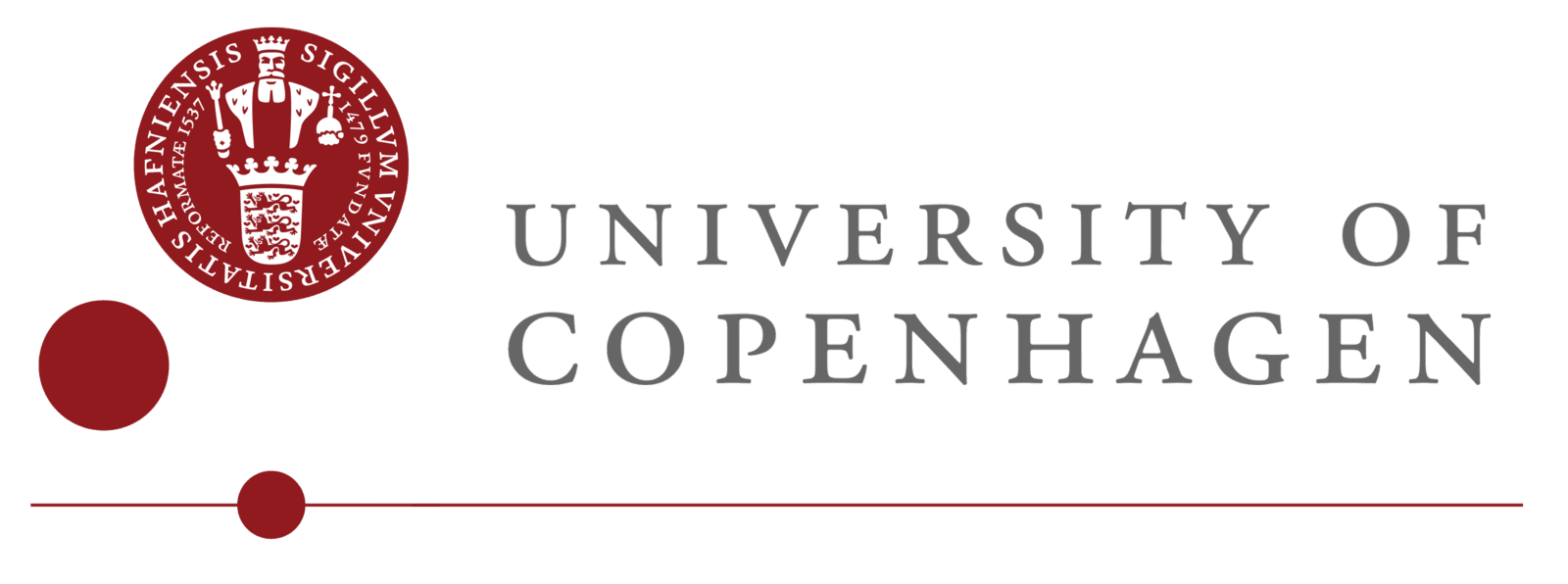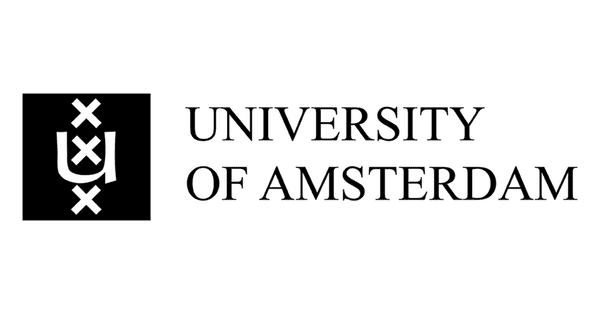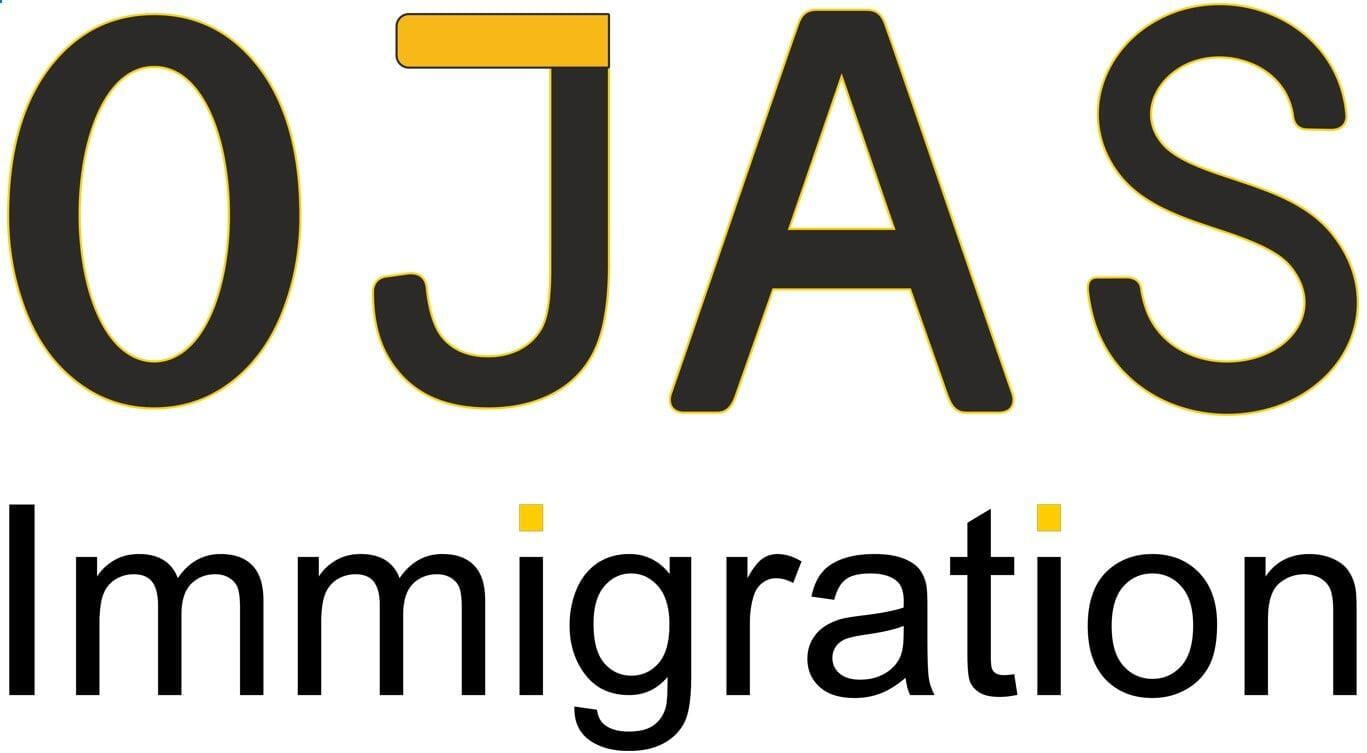Study In the Europe
Studying in Europe can be a fantastic opportunity for international students due to its rich cultural heritage, diverse academic offerings, and often lower tuition fees compared to other destinations like the United States. Here's a brief overview of studying in Europe:
Higher Education System: Europe boasts a wide range of higher education institutions, including universities, colleges, and vocational schools. Each country has its own unique system, but many follow the Bologna Process, which aims to standardize academic degrees across European countries.
Language: While English is widely spoken in many European countries, especially in academia, there are also opportunities to study in other languages such as French, German, Spanish, Italian, etc. It's important to check the language requirements of your desired program and institution.
Tuition Fees and Scholarships: Tuition fees vary greatly across European countries and institutions. Some countries, like Germany and Norway, offer tuition-free education to international students, while others may have moderate to high fees. Additionally, there are






Why Study in the Europe ?
Why Study in the Europe ?
Higher Education System: Europe boasts a wide range of higher education institutions, including universities, colleges, and vocational schools. Each country has its own unique system, but many follow the Bologna Process, which aims to standardize academic degrees across European countries.
Language: While English is widely spoken in many European countries, especially in academia, there are also opportunities to study in other languages such as French, German, Spanish, Italian, etc. It's important to check the language requirements of your desired program and institution.
Tuition Fees and Scholarships: Tuition fees vary greatly across European countries and institutions. Some countries, like Germany and Norway, offer tuition-free education to international students, while others may have moderate to high fees. Additionally, there are numerous scholarships and financial aid options available for international students, both from European governments and private organizations.
Quality of Education: Europe is home to some of the oldest and most prestigious universities in the world, such as the University of Oxford, University of Cambridge, Sorbonne University, etc. The quality of education is generally high, with a strong emphasis on research and innovation.
Cultural Experience: Studying in Europe provides a unique opportunity to immerse yourself in diverse cultures, languages, and traditions. It's a chance to broaden your horizons and gain valuable international experience.
Visa and Residence Permits: International students typically require a student visa or residence permit to study in Europe, depending on the country and the duration of their program. The application process varies by country and can take several months, so it's important to start the process well in advance.
Work Opportunities: Many European countries allow international students to work part-time while studying, providing an opportunity to gain work experience and supplement living expenses. After graduation, some countries offer post-study work visas or other pathways for international graduates to stay and work.
Travel and Exploration: Europe's central location and efficient transportation networks make it easy to travel and explore neighboring countries during breaks or weekends. This is especially appealing for students interested in exploring different cultures and historical landmarks.
Overall, studying in Europe can be a rewarding experience academically, culturally, and personally. However, it's essential to research and plan carefully to ensure a smooth transition and successful academic journey.
We provide end to end services for all the students who are planning to pursue studies abroad
We provide end to end services for all the students who are planning to pursue studies abroad
We provide complete end-to-end services at OJAS Immigration for students who want to pursue their education overseas. Our team of skilled professionals is committed to giving students the direction and assistance they require to meet their educational objectives. We are dedicated to making the process as easy and stress-free as possible for students, from aiding them in selecting the appropriate programme and institution to assisting them with the visa application process.
We are here to make sure that our clients have a smooth and successful experience because we are aware of the difficulties that come with studying abroad. Students may concentrate on their academics and enjoy the process of following their aspirations thanks to our end-to-end services.
7 Step Process
At OJAS Immigration, our experts have over simplified the process in to 7 simple steps
Research and choose a course and institution
The first step is to research and choose a course and institution in the UK that fits your academic and career goals. Consider factors such as the reputation of the institution, course offerings, location, and cost.
Check the entry requirements
Each institution will have its own entry requirements for international students, so make sure to check the entry requirements for the course you are interested in. You may need to take standardized tests such as IELTS or TOEFL to demonstrate your English language proficiency.
Apply for admission
Once you have chosen a course and institution, you can begin the application process. This will typically involve submitting your academic transcripts, personal statement, references, and any other required documents.
Secure funding
Studying in the UK can be expensive, so it's important to secure funding to cover your tuition fees and living expenses. You may be eligible for scholarships, grants, or loans from your home country or from UK institutions.
Apply for a student visa
International students from most countries, including India, will need a Tier 4 (General) student visa to study in the UK. You can apply for a visa online and will need to provide your passport, confirmation of acceptance for studies (CAS) from your institution, proof of funds, and any other required documents.
Plan your travel and accommodation
Once you have secured your student visa, you can begin planning your travel and accommodation in the UK. Many institutions offer accommodation options for international students, but you can also consider private accommodation options.
Arrive in the UK and begin your studies
Finally, you can travel to the UK and begin your studies. Make sure to attend any orientation events and get involved in student organizations to make the most of your study abroad experience.
